Emerging evidence has shown that a sustainable mode of farming contributes to the sustainability of societies. However, agricultural modernization and land concentration have resulted in a decreasing role of agriculture in rural societies everywhere in Europe and also in Hungary. Governmental funds and agendas increasingly focus on the regeneration of rural areas with a special interest in the new generations of farmers. This paper analyses a small wine region in Hungary to explore the perceptions and activities of young farmers regarding sustainability. The paper is based on qualitative sociological research, including 20 semi-structured interviews with wine producers and other key actors of rural development in the region. The analysis focuses on generational change both in wine producer farms and in the wine region. How do farmers approach sustainability, and how does the concept of sustainability contribute to family wine production? How can generational change affect farming approaches and activities, especially changes toward a more sustainable way of farming? Our results show that rural regeneration can be understood not only as a generational renewal; it also includes endogenous development processes and new approaches targeting a more sustainable rural milieu.
Continue reading

Young Farmers’ Perceptions of Sustainability in a Wine Region in Hungary


